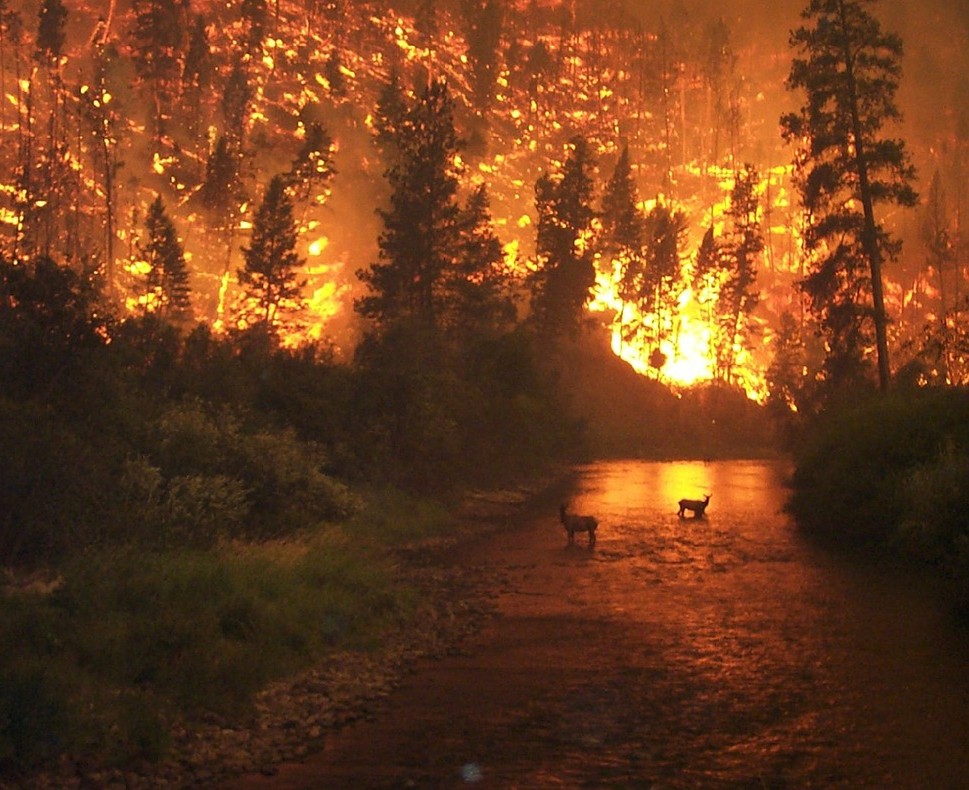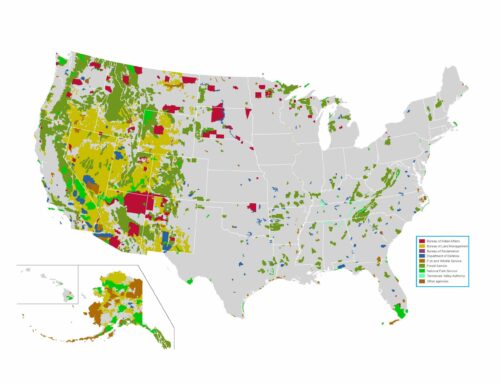by Greg Walcher, E&E Legal Senior Policy Fellow
As appearing in the Daily Sentinel
A couple of weeks ago a letter to the editor appeared in this paper and six others around the state, asserting that “Removing trees from Colorado forests will not prevent wildfires from burning.”
Really? As if removing all the wood from a campfire would not help put it out?
The letter was written by a guy identifying himself with the Eco-Integrity Alliance, a small new group that calls itself an “alternative to a mainstream environmental movement that has lost its way.” They have to say that, because even the “mainstream environmental movement,” which spent decades stopping professional forest management and killing the timber industry, now understands the dire need to return to active management in the wake of massive unnatural catastrophic forest fires. Even the most dedicated environmental industry leaders would not claim that removing gasoline from a fire would have no effect on it.
That’s why Colorado’s democratic Senators Bennet and Hickenlooper, and Boulder Congressman Joe Neguse, pushed to include $3.3 billion in last year’s Biden infrastructure bill for wildfire risk reduction — including significant funding for the Forest Service to clear overgrown forests. The letter writer made fun of the congressional delegation for that, saying such management would destroy “our carbon-storing forests, which are living climate buffers that also give us clean air and water, flood and erosion control, and fish and wildlife habitat.” That is all true, but only for healthy forests — not the dead and dying forests that span the Rockies from New Mexico to British Columbia. It is not true of three million acres of dead trees in Colorado, nor of the 100 million acres of national forests that have burned in the last 20 years. No, those disasters gave us polluted air and water, mass erosion and flooding, dead fish and wildlife.






